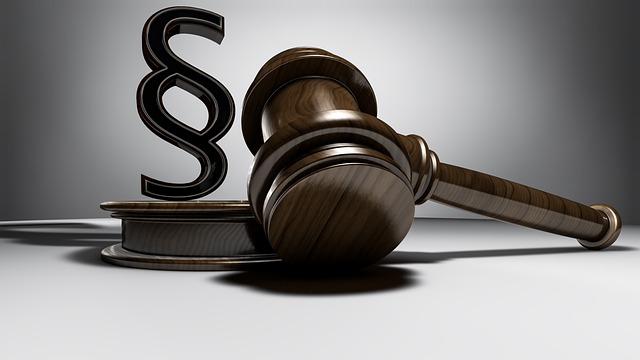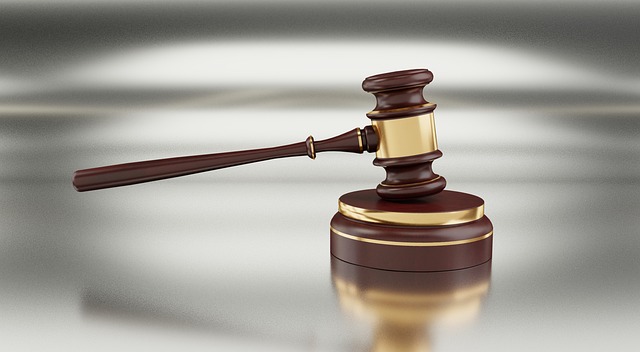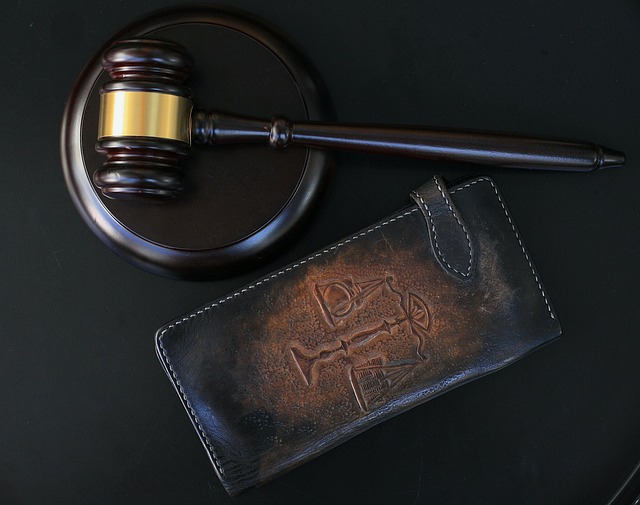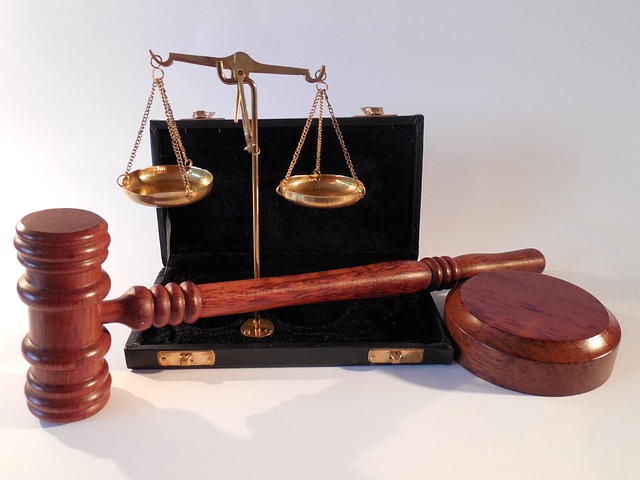Criminal Defense Attorneys are critical in upholding Due Process in Criminal Law Cases, safeguarding client rights from investigation to trial. They navigate complex legal frameworks, ensuring fairness by challenging evidence, questioning witnesses, and employing strategic defenses. Public defenders and private practice attorneys face distinct challenges—overburdened versus resource-constrained—but both strive to protect clients' due process and secure positive outcomes, preserving justice within the criminal defense system.
Criminal defense attorneys play a pivotal role in ensuring due process in criminal law cases, safeguarding the rights of accused individuals. This article delves into their multifaceted responsibilities, exploring legal frameworks that protect suspects and the strategic tactics employed by these lawyers to mount effective defenses. We compare challenges faced by public defenders against private practice attorneys while highlighting ethical considerations crucial for zealous advocacy. Understanding these dynamics is essential for navigating the complexities of criminal justice systems.
- The Role of Criminal Defense Attorneys in Ensuring Due Process
- Understanding the Legal Framework: Rights and Protections for Accused Individuals
- Strategies and Tactics Employed by Defense Lawyers
- Challenges Faced by Public Defenders vs. Private Practice Attorneys
- Ethical Considerations and the Importance of Zealous Advocacy
The Role of Criminal Defense Attorneys in Ensuring Due Process

Criminal Defense Attorneys play a pivotal role in ensuring Due Process in criminal law cases. Their primary responsibility is to safeguard the rights of their clients throughout all stages of the investigative and enforcement process. By carefully reviewing evidence, challenging procedural irregularities, and presenting compelling defenses, these attorneys ensure that every individual accused of a crime receives a fair trial.
In high-stakes cases, Criminal Defense Attorneys act as champions for their clients, protecting them from potential miscarriages of justice. They meticulously examine police procedures, interrogations, and any potential evidence to uncover violations of due process rights. Their expertise and aggressive advocacy can lead to the dismissal of charges or significantly mitigate sentences, ensuring that justice is served while preserving the integrity of the legal system for his clients.
Understanding the Legal Framework: Rights and Protections for Accused Individuals

In any criminal law case, understanding the legal framework is paramount for ensuring that accused individuals receive fair treatment and due process. The United States Constitution guarantees several fundamental rights to those facing criminal charges, forming the backbone of a robust defense strategy. These rights include the right to remain silent, the right to an attorney, and the right to a speedy and public trial by an impartial jury. Moreover, the concept of “presumption of innocence” is central, meaning every accused person is considered innocent until proven guilty beyond a reasonable doubt.
Navigating this legal landscape requires expertise, which is where Criminal Defense Attorneys play a pivotal role. Across the country, these professionals are adept at advocating for their clients’ rights and protections, ensuring that they receive winning challenging defense verdicts. By thoroughly comprehending due process in criminal law cases, attorneys can effectively challenge evidence, question witnesses, and employ strategic defenses tailored to each respective business, ultimately safeguarding their clients’ interests.
Strategies and Tactics Employed by Defense Lawyers

Defense lawyers employ a range of strategies to ensure their clients receive fair due process in criminal law cases. One common tactic is to challenge the admissibility of evidence, scrutinizing its source and method of collection to exclude any that may be unfairly prejudicial or obtained in violation of constitutional rights. They also leverage legal loopholes and precedents, often presenting complex interpretations of laws and previous cases to undermine the prosecution’s arguments.
Additionally, these attorneys carefully construct their defenses, which can include alibi witnesses, expert testimony, and motion filings. They may argue for alternative charges with less severe penalties or attempt to negotiate plea bargains that reduce the client’s exposure. Their goal is not only to protect their clients’ rights but also to secure an unprecedented track record of successful outcomes, ensuring justice is served while safeguarding their clients’ interests in the general criminal defense process.
Challenges Faced by Public Defenders vs. Private Practice Attorneys

Public defenders and private practice attorneys often face distinct challenges when it comes to representing clients in criminal law cases. Public defenders, who are typically part of a government-funded legal aid system, often struggle with heavy caseloads and limited resources. They must navigate complex legal procedures while ensuring their clients receive due process during all stages of the investigative and enforcement process. This can result in long hours and intense pressure to manage multiple cases effectively.
In contrast, private practice attorneys enjoy greater flexibility and resources but face different hurdles. They need to build a strong reputation and attract clients across the country, often requiring significant marketing efforts. Moreover, private defenders must cope with the financial burden of running a law firm while providing high-quality general criminal defense services. This balance demands strategic planning, business acumen, and a deep understanding of local legal systems—all essential for success in this competitive field.
Ethical Considerations and the Importance of Zealous Advocacy

Criminal defense attorneys play a crucial role in ensuring due process is followed in criminal law cases. Their primary ethical consideration is to zealously advocate for their clients, meaning they must be aggressive and relentless in protecting their rights. This includes challenging the prosecution’s evidence, questioning witness testimonies, and presenting defenses that could avoid indictment or mitigate sentences. Across the country, these attorneys are often the backbone of the justice system, ensuring that no one is wrongfully convicted.
Zealous advocacy is not just about raising hell in a courtroom; it involves strategic decision-making based on thorough legal analysis. Defense attorneys must balance their aggressive approach with adherence to ethical rules and professional conduct. By doing so, they uphold the integrity of the justice system while fighting for the best possible outcome for their clients. This delicate balance ensures that everyone, regardless of circumstances, receives a fair trial in accordance with due process.
Criminal defense attorneys play a pivotal role in safeguarding the rights of accused individuals, ensuring they receive fair treatment within the legal system. By understanding complex legal frameworks and employing strategic tactics, these professionals protect due process, enabling a just outcome for all parties involved. Whether in public or private practice, their zealous advocacy ensures that every client’s voice is heard and their rights are upheld, ultimately upholding the integrity of the criminal justice system.






